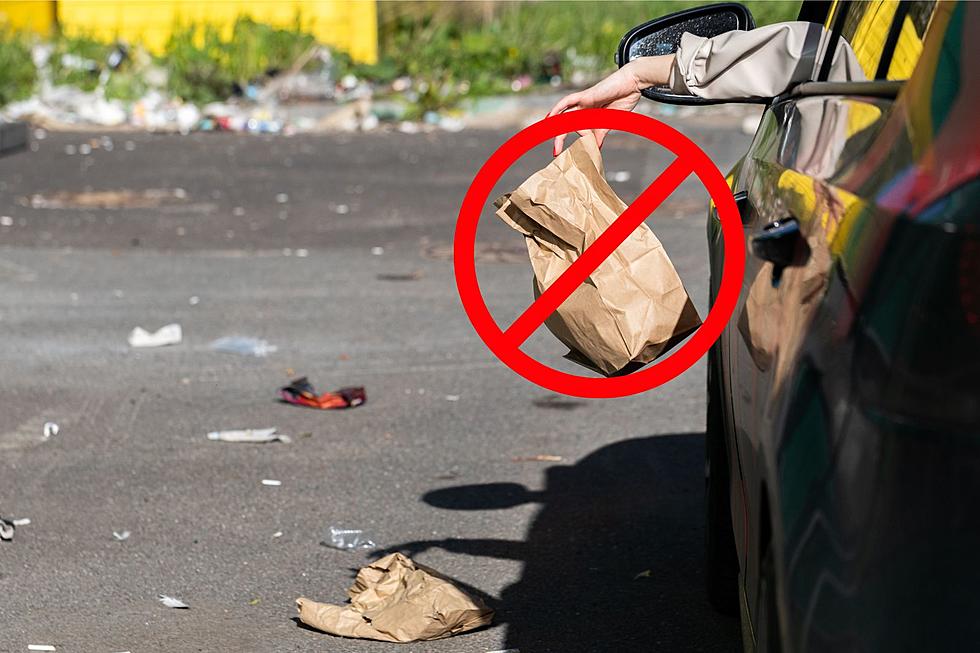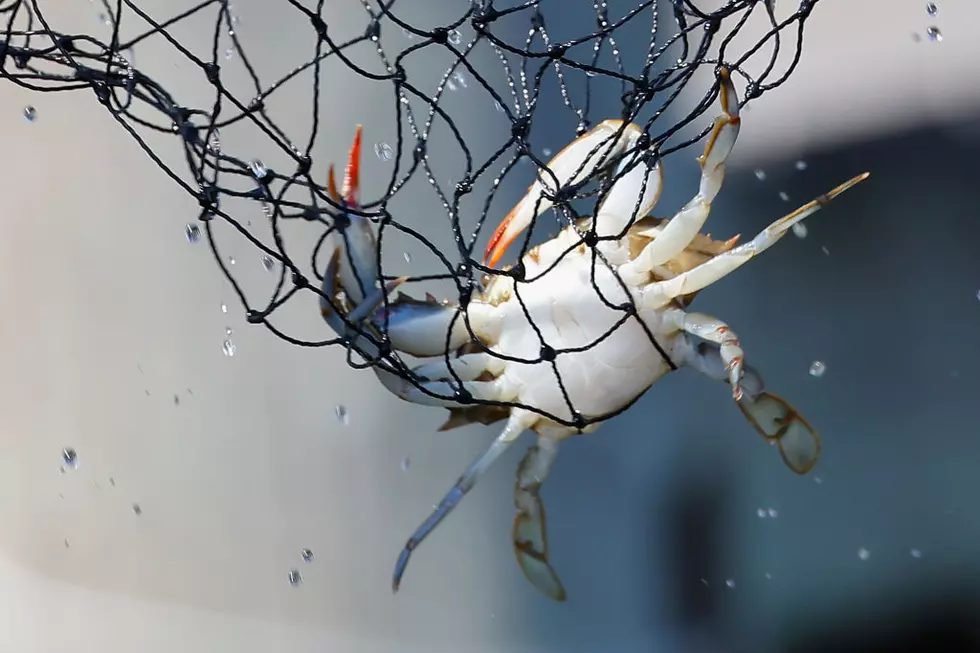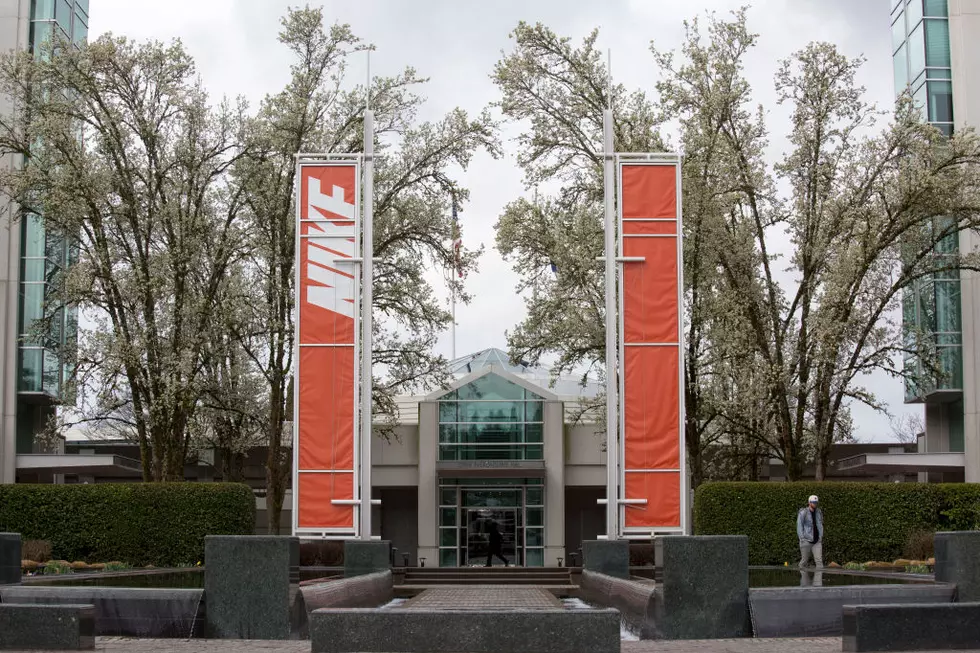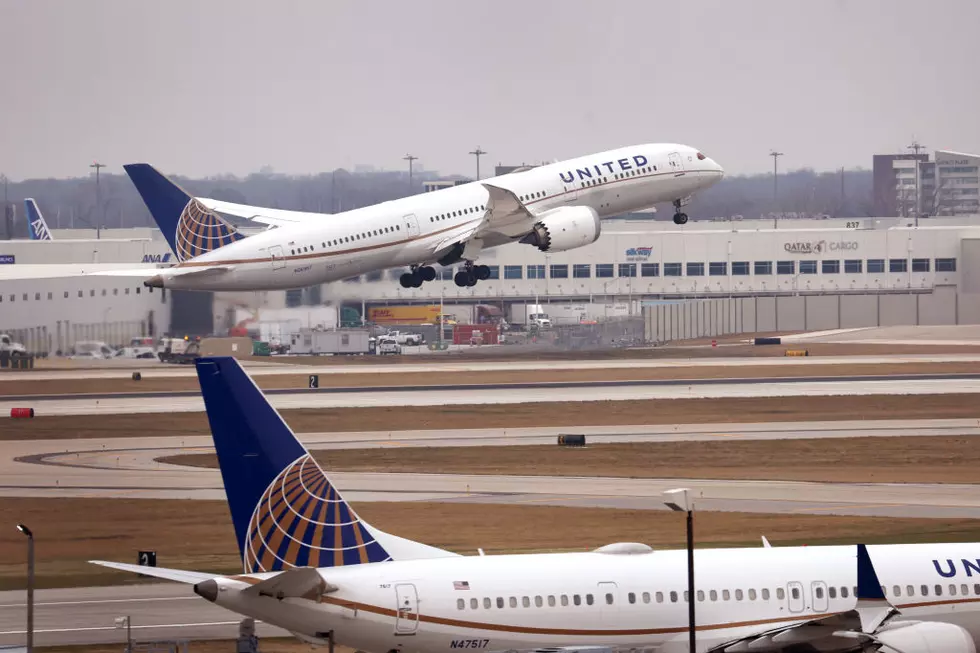
Dept of Ecology Says Nearly 40 Million Pounds of Litter in WA
The recently released study shows that despite more than $12 million spent each year, the problem still persists.
The Cascadia Consulting Group team, working with the Dept. of Ecology, collected and hand-sorted litter from 182 randomly selected sites across Washington, categorizing sampling sites into five main groups: roadways, on-ramps and off-ramps, rest areas, parks, and recreation areas. They also sorted the litter by type (i.e. glass bottles, cigarette butts, cardboard boxes, plastic film, etc.), counted the pieces of litter, and weighed the samples collected at each site. Many of the sites were also
included the 1999 and 2004 litter studies.
The study concluded that 37.8 million pounds of waste are littered each year (or 4.8 pounds for each person in the state), and is made up of 7.1 billion individual items (897 pieces of litter for each person).
Although litter along roadways accounts for the most pounds of litter per year (nearly 18.5 million pounds), high-use areas of state and county parks receive the most pieces of litter per year (3.4 billion pieces).
Interstates accumulate the most litter per mile per year (1,578.8 pounds and 73,569
pieces), and accumulate nearly as much litter per mile as all other roadways combined.
They are also the most difficult and dangerous roadways to clean because of traffic volume and speed.
Not surprisingly, urban roads accumulate two to four times more litter than rural roads, and accumulate 401.8 pounds and 48,903 pieces per mile per year. Rural roads
accumulate 153.0 pounds and 11,672 pieces per mile per year.
The study also shows that the three most common littered items by pounds are glass beer bottles, construction and demolition debris, and cardboard boxes. The top three littered items by pieces are cigarette butts, construction and demolition debris, and food
wrappers and snack bags.
Perhaps the most disturbing aspect of what the study found is the fact that although we Washingtonians like to portray ourselves as "green," "outdoorsy," and "environmentally conscious," we clearly are not. Washington has more litter (84 pieces per person) than the national study (73 pieces), and the differences in litter per mile are larger than differences in litter per person nationally.
That being said, cigarette butts make up a smaller share of pieces of litter in Washington (6%) than nationwide (24%). So our smokers are quite a bit more responsible.
Of all the bad news in the study, there is a silver lining to this rain cloud. Overall, the levels of liter have decreased since regular studies have been conducted since the early 2000's. Of course, that's an "overall" number, as the levels of litter have fluctuated through various categories.
It would seem that as a whole we are doing a bit better than in the past (concerning litter in Washington state) but there's a LOT of room for improvement and we need to be doing a far better job at keeping our state clean.
15 Most Disastrous Music Festivals in History
Gallery Credit: Philip Trapp
More From 870 AM KFLD






